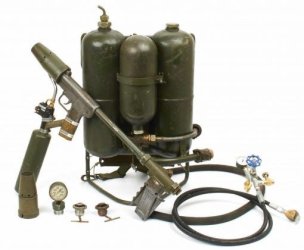WhistlingBadger
Professional Cat Herder
Retired Moderator ⚒️
Tank of the Month 🏆
Fish of the Month 🌟
- Joined
- Dec 18, 2011
- Messages
- 6,953
- Reaction score
- 12,809
- Location
- Where the deer and the antelope play
We have speedwell around here, usually in irrigation ditches. A lot of people call it water forget-me-not. I didn't realize it was invasive. it's a very pretty plant, probably too coarse and tall for most aquariums. It would make a most excellent pond plant, especially if it is native to your area. An added benefit is that you would get to use the word "beccabunga" when talking about your pond. This alone would be enough reason for me to have this plant.
Diane Walstad talks alot about allelopathy. Plants release chemicals that inhibit the growth of nearby plants. I'm not a biologist, but from what I've read, it is a proven fact that land plants do this, but even with land plants it is poorly understood. Water plants are a lot harder to nail down, chemically speaking. It seems reasonable to assume that water plants use allelochemicals, but we we really don't know for sure. Competition for nutrients does explain much, but not all, of what we see.
Diane Walstad talks alot about allelopathy. Plants release chemicals that inhibit the growth of nearby plants. I'm not a biologist, but from what I've read, it is a proven fact that land plants do this, but even with land plants it is poorly understood. Water plants are a lot harder to nail down, chemically speaking. It seems reasonable to assume that water plants use allelochemicals, but we we really don't know for sure. Competition for nutrients does explain much, but not all, of what we see.
Last edited:


